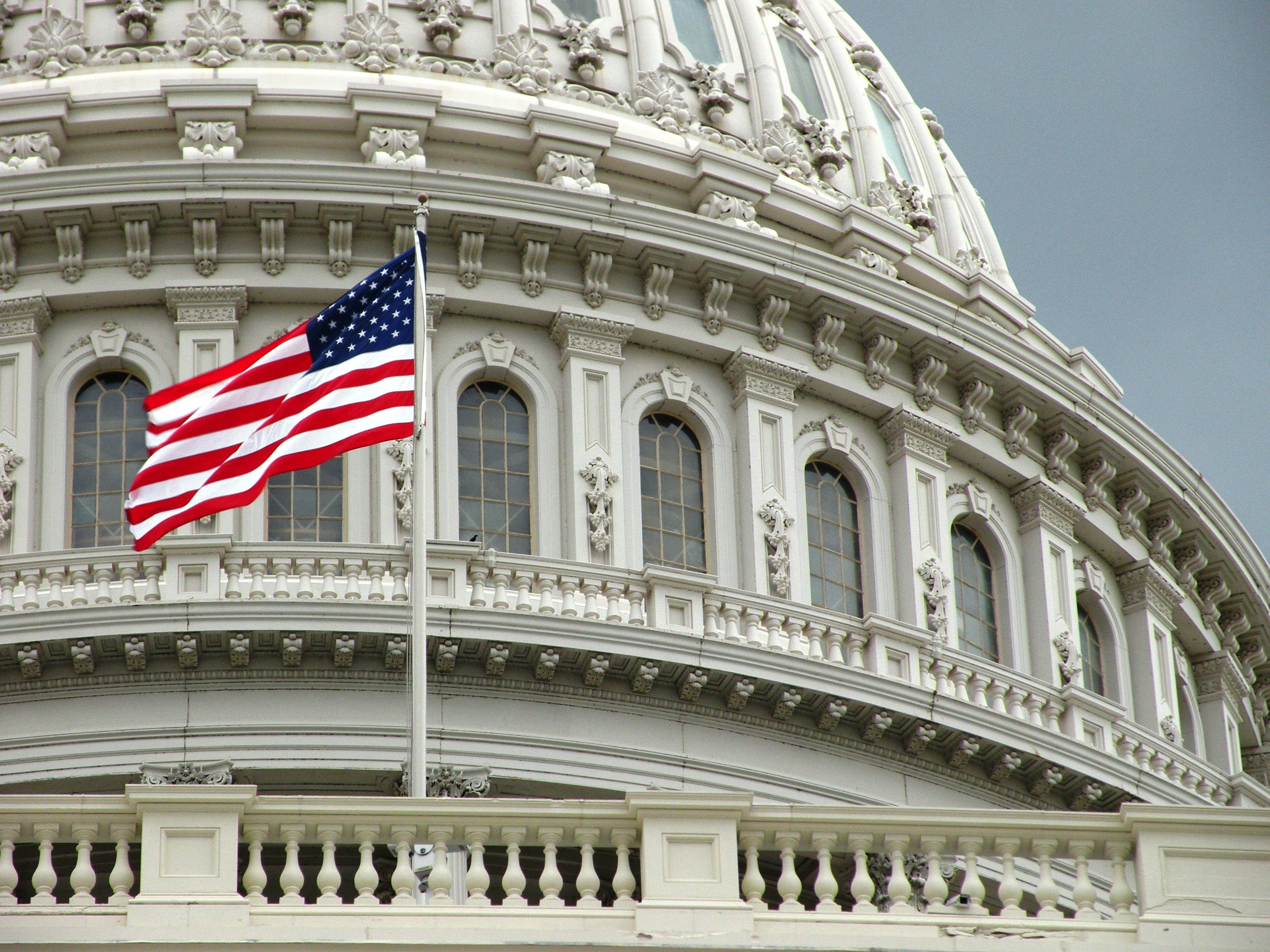Higher Education Act
The Higher Education Act (HEA) is a federal law that governs the administration of federal higher education programs. Its purpose is to strengthen the educational resources of our colleges and universities and to provide financial assistance for students in postsecondary and higher education.
First passed in 1965 to ensure that every individual has access to higher education, regardless of income or zip code, the HEA governs student-aid programs, federal aid to colleges, and oversight of teacher preparation programs. It is generally scheduled for reauthorization by Congress every five years to encourage growth and change.
The HEA has been reauthorized in 1968, 1972, 1976, 1980, 1986, 1992, 1998, and 2008. Current authorization for the programs in the Higher Education Act expired at the end of 2013, but has been extended while Congress prepares changes and amendments.
